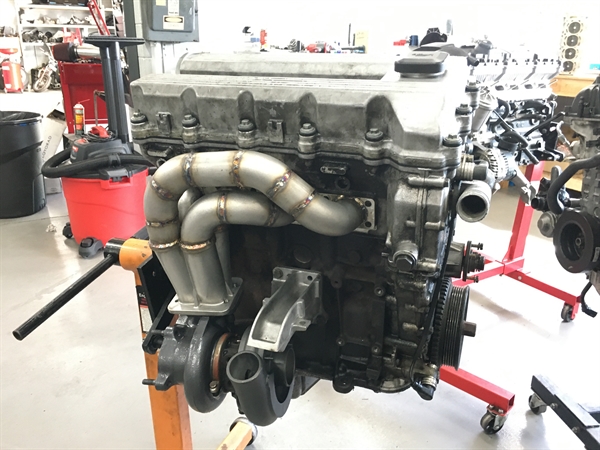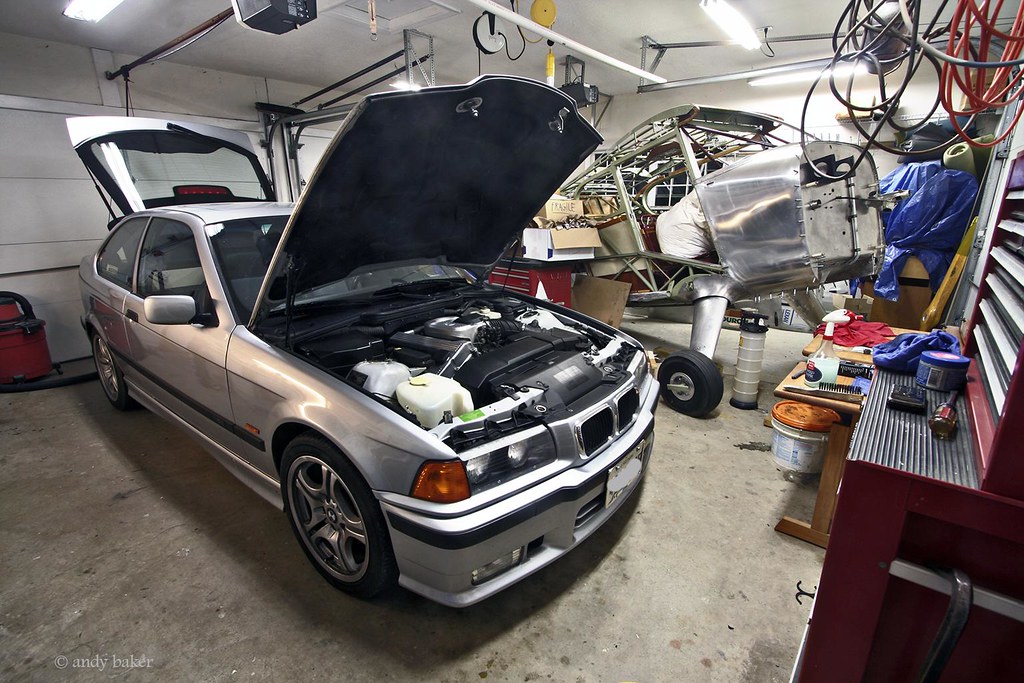Crucial Factors To Consider for Selecting the Best Engine for Your Demands
In the world of selecting the perfect engine to satisfy your demands, numerous essential variables demand precise consideration to make sure optimum efficiency and performance. From the nuanced equilibrium between power and performance to the often-overlooked elements of maintenance and service demands, each aspect plays an essential duty in determining the most suitable engine for your particular requirements.
Power and Performance
When examining engines for optimum efficiency, it is crucial to prioritize both power output and effectiveness. Power outcome determines the capability of an engine to create power, which straight impacts its efficiency. A high power result is necessary for requiring jobs such as durable applications or high-speed requirements. It makes certain that the engine can manage the workload effectively and effectively. Power alone is not adequate; effectiveness plays a significant role in determining the general efficiency of an engine. Efficiency describes exactly how well the engine converts fuel into usable power. An extra effective engine will supply much better mileage, reduced exhausts, and decreased operating expense. Striking the appropriate balance in between power outcome and efficiency is crucial to selecting an engine that fulfills your particular demands. When making this choice, it is important to consider aspects such as the intended use of the engine, ecological impact, and lasting cost implications. By meticulously evaluating both power and effectiveness, you can choose an engine that supplies optimal performance and fulfills your needs efficiently.
Gas Efficiency and Economic Climate
Gas effectiveness refers to the engine's capability to convert gas right into power with very little waste, straight influencing operating prices and ecological sustainability. Engines with higher fuel performance not just minimize gas expenditures yet likewise decrease carbon emissions, adding to a greener operation.

Compatibility and Application
Considering the gas efficiency and economic situation of an engine, the next critical element to address is its compatibility and application within details operational contexts. Compatibility describes how well the engine incorporates with the overall system or devices it powers. It involves variables such as physical dimensions, placing options, electric user interfaces, and control systems. Making sure compatibility is necessary to stop issues such as overheating, resonances, or power imbalances (bmw 318ti).
Additionally, the application of the engine is just as vital. Different engines are created for details purposes, whether it be industrial machinery, aquatic vessels, autos, or power generators. Understanding the designated application permits for the option of an engine that can deliver the necessary power outcome, torque, and functional qualities. A high-revving engine made for performance cars would not be suitable for heavy-duty construction devices that needs high torque at low speeds.
Upkeep and Solution Requirements
Maintenance and solution needs play an important role in making sure the longevity and ideal efficiency of an engine. Normal maintenance is crucial to prevent break downs, prolong the life-span of the engine, and keep its efficiency. When choosing an engine, it is necessary to take into consideration the manufacturer's recommended maintenance routine and the accessibility of solution facilities or certified technicians.
Elements such as the regularity of oil adjustments, filter substitutes, and overall inspections can dramatically affect the engine's performance. Some engines may call for more constant servicing based on their layout and use, while others may have longer intervals between maintenance checks. It is crucial to stick to these service needs to avoid expensive fixings and unanticipated downtime.

Cost and Budget Factors To Consider
Budget plan constraints often play a substantial function in the decision-making process when picking an engine for a specific application. When considering the price and budget effects of selecting an engine, it is important to examine not only the first purchase price yet also the lasting expenses connected with upkeep, fuel intake, and potential upgrades or repair services. It is essential to strike an equilibrium between the in advance price of the engine and its general lifecycle prices to ensure that the selected engine continues to be economically lasting throughout its operational life-span.
Aspects such as gas efficiency, toughness, and integrity can straight impact the total price of possession of an engine. While an extra pricey engine might have greater ahead of time prices, it could potentially result in lower maintenance and gas expenditures over time, hence using much better value in the long run.
Verdict

Gas efficiency refers to the engine's capability to transform gas into energy with very little waste, straight influencing operating costs and environmental sustainability.Aspects affecting fuel efficiency include engine style, burning efficiency, and overall performance optimization. Furthermore, picking the appropriate fuel type and grade as suggested by the engine supplier can further enhance effectiveness and extend engine life expectancy.
Engines with excellent utility features and readily this link available parts can minimize upkeep expenses and decrease the time the engine is out of procedure - bmw 318ti. It is important to strike an equilibrium between the upfront cost of the engine and its general lifecycle prices to make certain that the selected engine remains monetarily lasting throughout its functional life-span